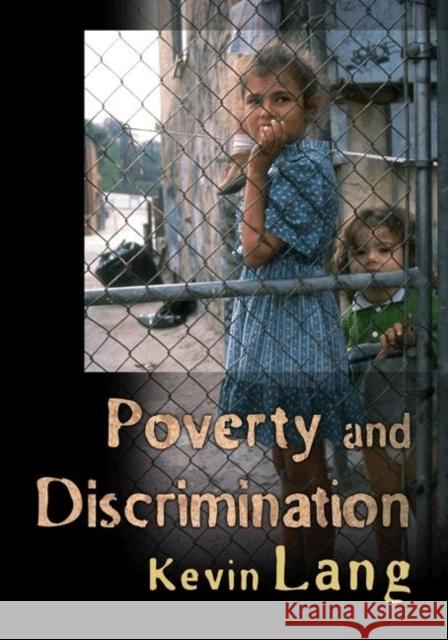Poverty and Discrimination » książka
Poverty and Discrimination
ISBN-13: 9780691119540 / Angielski / Twarda / 2007 / 424 str.
Many ideas about poverty and discrimination are nothing more than politically driven assertions unsupported by evidence. And even politically neutral studies that do try to assess evidence are often simply unreliable. In Poverty and Discrimination, economist Kevin Lang cuts through the vast literature on poverty and discrimination to determine what we actually know and how we know it.
Using rigorous statistical analysis and economic thinking to judge what the best research is and which theories match the evidence, this book clears the ground for students, social scientists, and policymakers who want to understand--and help reduce--poverty and discrimination. It evaluates how well antipoverty and antidiscrimination policies and programs have worked--and whether they have sometimes actually made the problems worse. And it provides new insights about the causes of, and possible solutions to, poverty and discrimination.
The book begins by asking, "Who is poor?" and by giving a brief history of poverty and poverty policy in the United States in the twentieth century, including the Welfare Reform Act of 1996. Among the topics covered are the changing definition of poverty, the relation between economic growth and poverty, and the effects of labor markets, education, family composition, and concentrated poverty. The book then evaluates the evidence on racial discrimination in areas such as education, employment, and criminal justice, as well as sex discrimination in the labor market, and assesses the effectiveness of antidiscrimination policies.
Throughout, the book is grounded in the conviction that we must have much better empirical knowledge of poverty and discrimination if we hope to reduce them.











